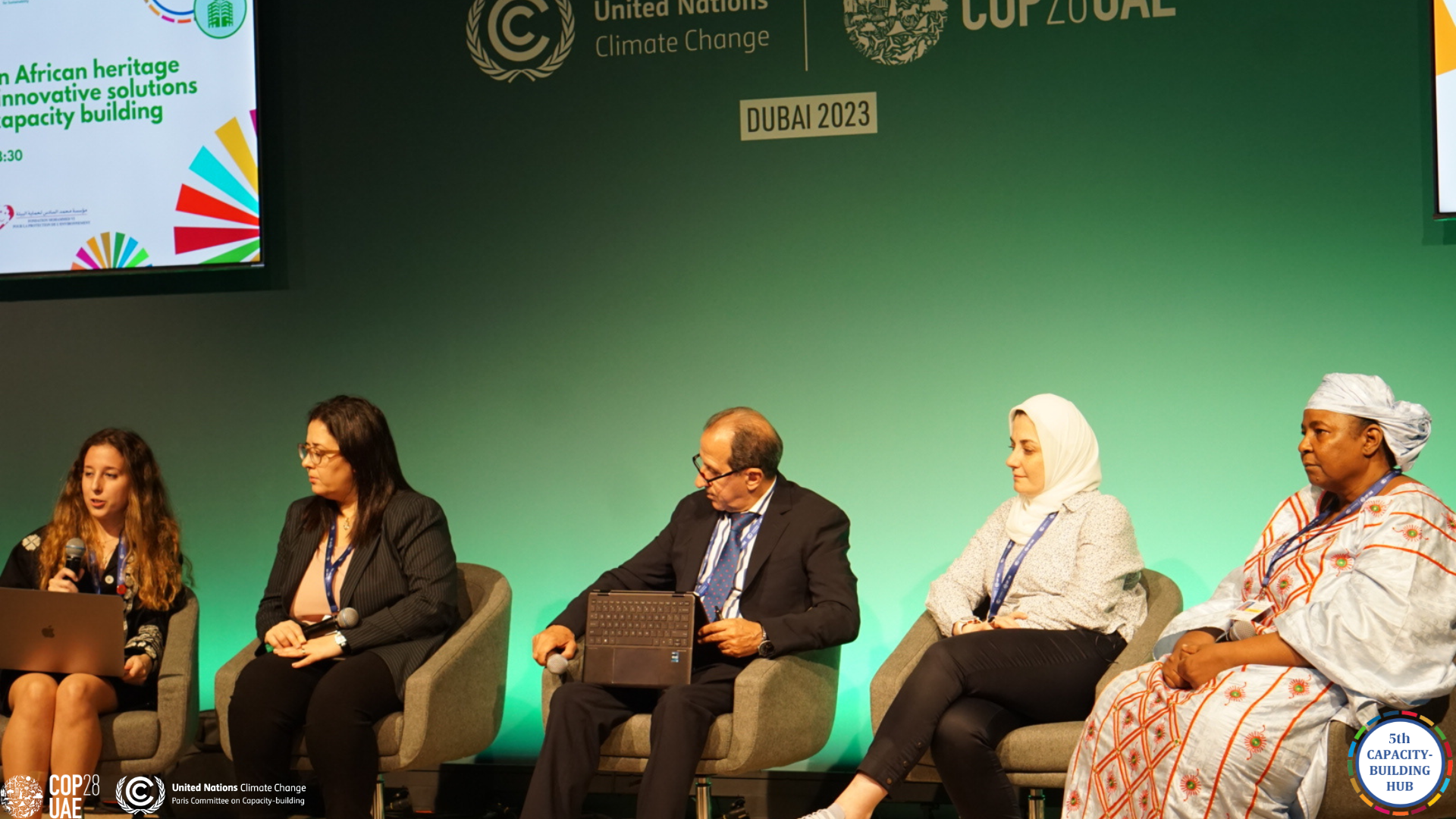Recording
Organizers
The session is organized by The Mohammed VI Foundation for Environmental Protection and The Foundation for the Safeguarding of Cultural Heritage of Rabat
Background
The Mohammed VI Foundation for Environmental Protection was created in 2001 at the initiative of His Majesty King Mohammed VI in order to help raise awareness among citizens about crucial environmental issues. Its presidency was entrusted to Her Royal Highness Princess Lalla Hasnaa.
The Foundation’s central mission is to educate and raise awareness among everyone about environmental protection. It targets the youth as a priority, from the very youngest through to students, as well as citizens, civil society, companies, government, local authorities, universities, and research institutions.
The Foundation conducts its chosen Environmental protection programs for which it brings together many local and international partners.
It operates in four areas:
- Education for Sustainable Development
- Seas and oceans
- Air and climate
- Restoring historic parks and gardens
The Foundation for the Safeguarding of Cultural Heritage of Rabat was created at the initiative of His Majesty King Mohammed VI, may God assist Him, the Foundation for the Safeguarding of Cultural Heritage of Rabat is placed under the Effective Presidency of Her Royal Highness Princess Lalla Hasnaa. The Foundation is dedicated to the preservation of Rabat’s cultural heritage in all its aspects, whether tangible or intangible, including those inscribed on the UNESCO World Heritage List since 2012 under the title of «Rabat, Modern Capital and Historic City : a Shared Heritage».
Driven by the commitment of Her Royal Highness to educate and raise awareness towards cultural heritage, the Foundation engages in a continuous process of federating stakeholders for safeguarding our heritage. This process is translated in the Foundation’s programmes that are developed based on three guiding principles- educate, raise awareness and federate. These principles translate the Foundation’s will and action to make Rabat’s heritage a powerful lever for inclusion and cohesion, as well as a driver of socio-economic and cultural development.
Objectives
The meeting examined case studies of cultural heritage sites facing the threat of climate change, with specific recommendations on how to address this situation in our modern cities, as well as new guidelines and recommendations for strengthening the resilience of urban heritage, risk mitigation, and heritage asset management methods.
Experts shared insights and perspectives on the sustainable management of listed sites, highlighting the age-old ecological value inherent to building and conservation techniques, while considering the effects of climate change.
This workshop examined case studies of African and also around the world cultural heritage sites’ resilience to the threats of climate change, with specific recommendations on how to address this situation in our modern cities, as well as new guidelines and recommendations for strengthening the resilience of urban heritage, risk mitigation, and heritage asset management methods.
Structure
|
Time
|
Segments & Speakers
|
|
17:30-17:35
|
Welcome address by
- Kenza Khallafi, Executive Partnership and Communication Manager of the Mohammed VI Foundation for Environmental Protection
- Yousra Aannour, Executive manager, Conservation architect of the Foundation for the Safeguarding of Cultural Heritage of Rabat
|
|
17:35-17:59
|
Panel discussion - Heritage sites: Responsible engineering model for modern cities
Panelists:
- Majid Mansour, Professor, director of Laboratoire energies et ambiances architecturales et urbaines of Ecole Nationale d’Architecture de Rabat
- Rohit Jigyasu, Conservation architect and risk management professional of International Centre for the Study of the Preservation and Restoration of Cultural Property (ICCROM)
- Haifa Abdelhaleem, Independent World Heritage specialist Project manager at ICOMOS
|
|
17:59-18:15
|
Panel discussion - Traditional knowledge for a sustainable future
Panelists:
- Sada Al Bachir, Founder of Tunfa Organization
- Cabay Edouard, Architect, 3DPA Co-director / MAA Faculty / MaCT Studio Faculty of Institute of Advanced Architecture of Catalonia
|
|
18:15-18:30
|
Discussion, chat show with audience and closing remarks
|
Key Outcomes
-
Climate change and disaster risk reduction efforts must be integrated with community resilience and sustainable development initiatives, recognizing their interconnectedness for effective outcomes.
-
Conservation entails more than preserving heritage fabric; it involves managing change while respecting continuity and heritage values, which necessitates a nuanced understanding of evolving perspectives and dynamics.
-
Effective communication and genuine engagement with local stakeholders are vital for understanding diverse perspectives, harnessing local knowledge, and implementing sustainable solutions. This includes recognizing the significance of local values, involving communities in decision-making processes, and supporting capacity building initiatives tailored to local contexts.

